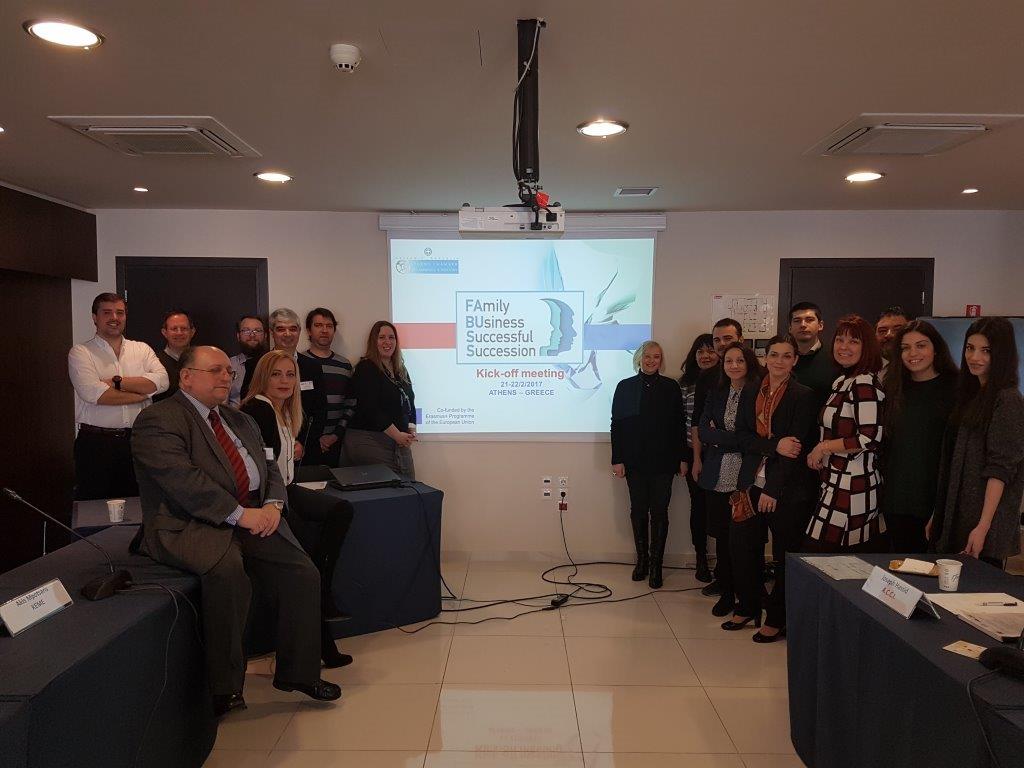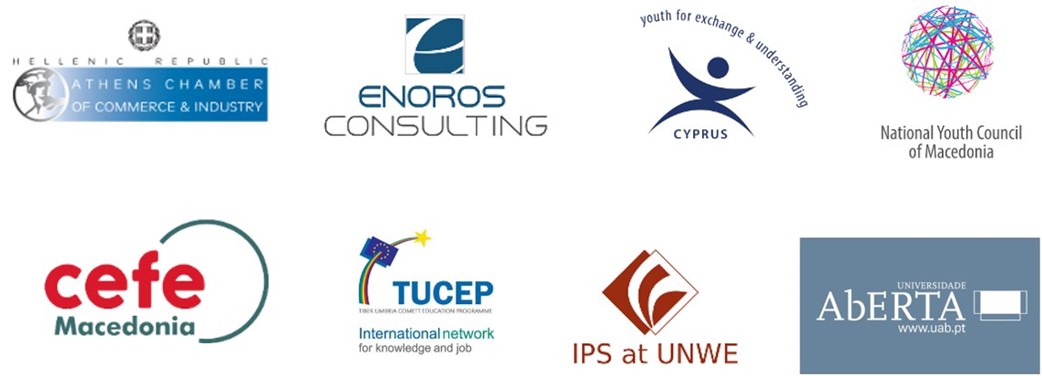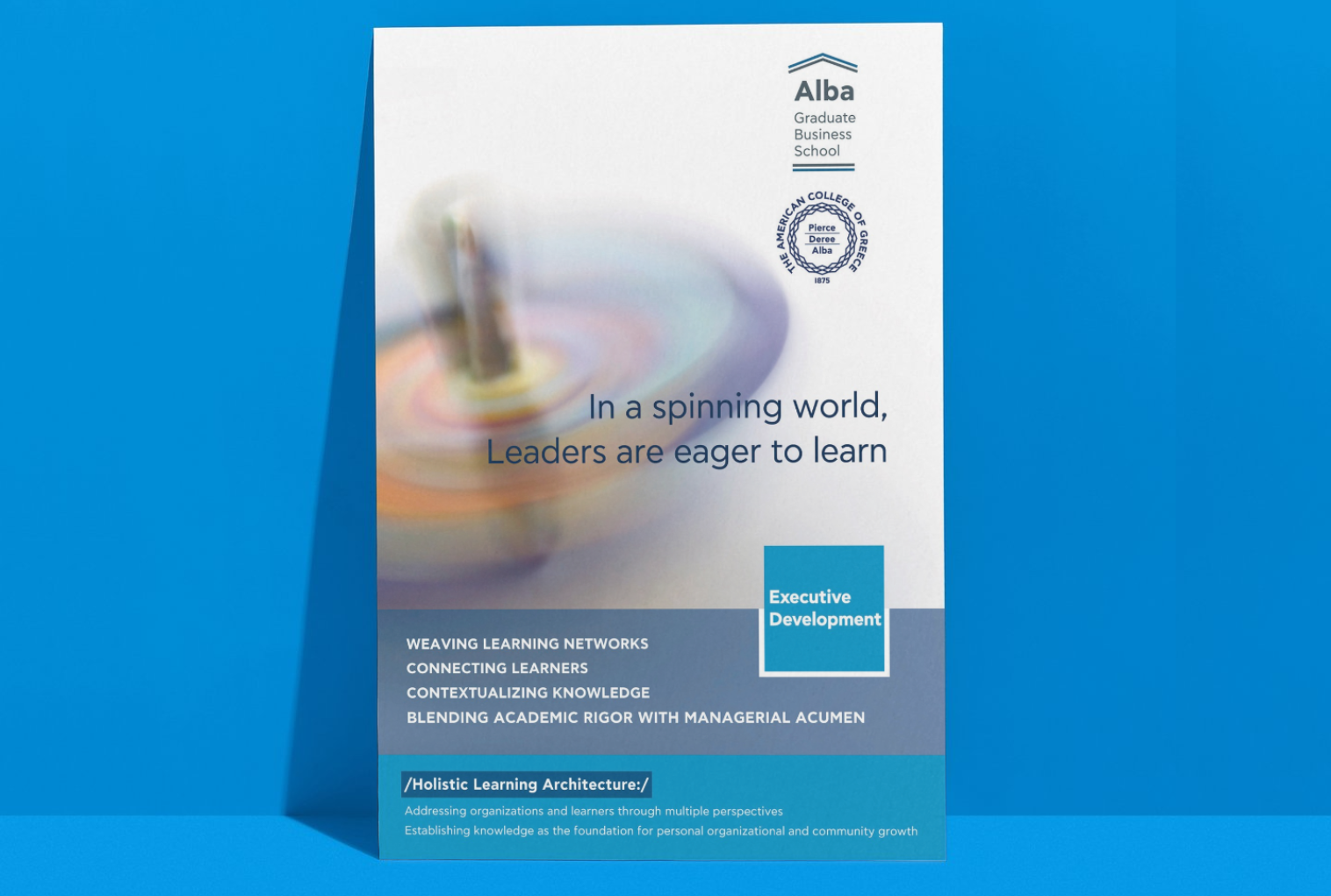FABUSS- FAmily BUsiness Successful Succession

Research program: ERASMUS+
Short description
The FABUSS project focuses on a wide range of family businesses succession-related issues, aiming at providing answers to associated concerns and identifying areas in which appropriate skills and methodologies development, by both the 1st and the 2nd generation, could improve chances of successful succession. An indicative list of ownership succession issues that need to be addressed include the following:
1. Family communication: How will the family handle communication as it pertains to the ownership succession process?
2. Timing of the ownership transition: What is the current thinking with respect to the timeline for the ownership transition? Will this be a gradual transition whereby a portion of the ownership will be transferred first with the balance at a later date? If so, when will it start and when will it be completed?
3. Is the family business viable or is strategic re-orientation required? To what extent can innovation led by the next generation build on the business’ tradition?
4. How will ownership transfer be funded? Will the future owners be expected to invest personally in acquiring ownership? Are there adequate funds to finance new strategic plans? If not, how can they be acquired? Is family willing to release equity and control?
5. What role, if any, will the current owners play during and after the transition process?
6. What are the criteria for next-generation family members becoming owners?
Should they require a certain level of education and experience? Who will determine the criteria and if it has been met?
7. Would a board of advisers benefit the next-generation owners?
These issues are among those to be addressed by the FABUSS project through a series of actions, starting from a Survey aiming at: (a) establishing the relevance of the various issues (probably supplemented by others) and the resulting challenges and (b) identifying the type of skills and methods required, by both 1st and 2nd generation, for providing effective responses to these challenges.
The aim of the FABUSS project is to subsequently develop a wide range of training tools and methods for strengthening 1st and 2nd generation’s capacity to plan and implement successful succession strategies for family businesses.
View the project website here

Partnership
- ACCI (EL)
- ENOROS Consulting (CY)
- Neolaia gia Antallagi kai katanoisi (CY)
- Association of Citizens CEFE Macedonia Skopje (FYROM)
- Sojuz Nationalen Mladinski Sovet na Makedonija (FYROM)
- Tiber Umbria Comett Education Programme (I)
- Institute for Postgraduate studies (BG)
- Universidade Aberta (PT)




